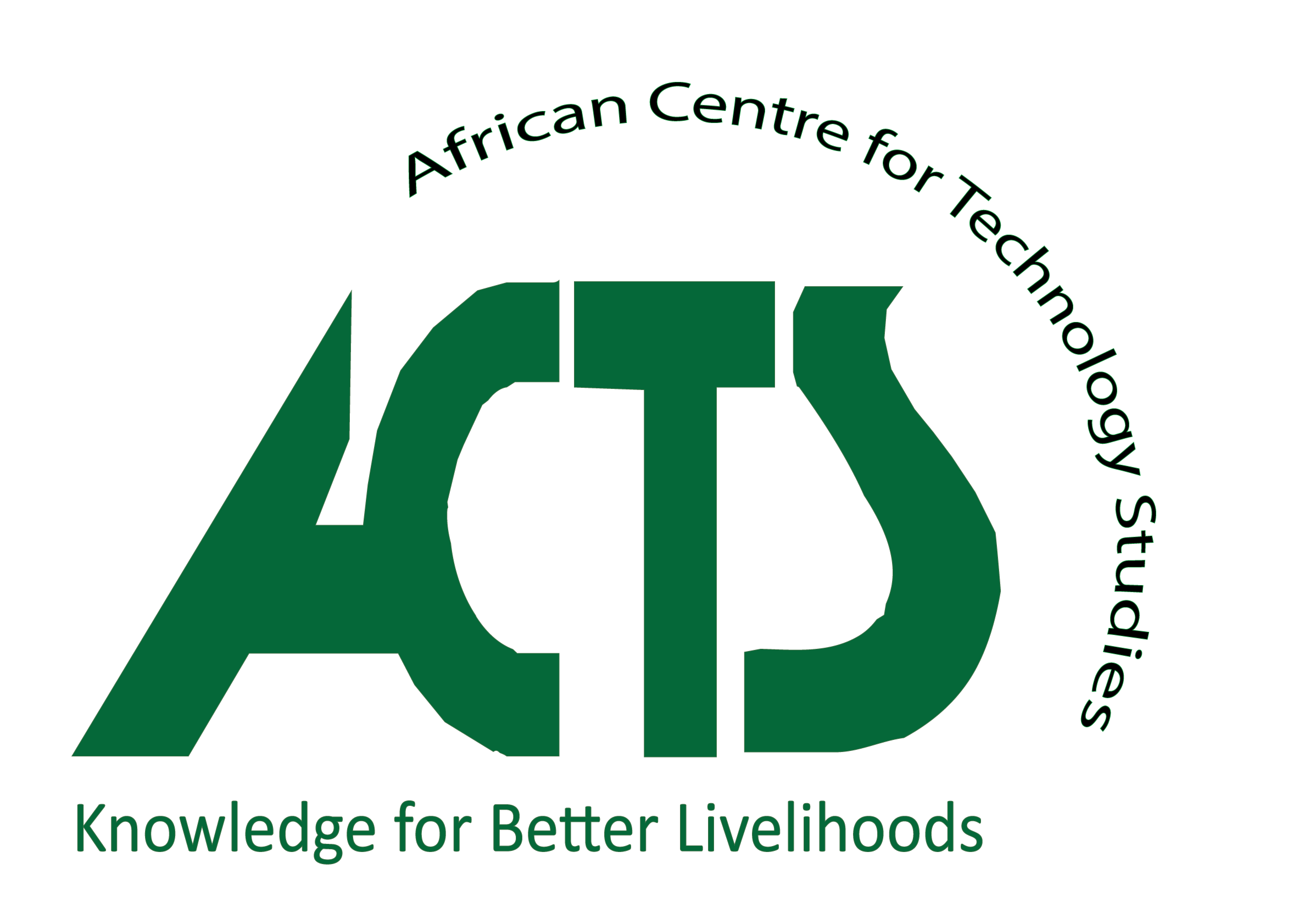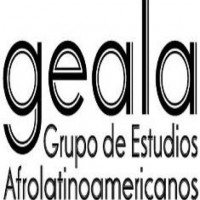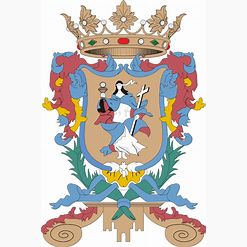Food and Agriculture Organization of the United Nations (FAO) Sudan
Description
About
The Food and Agriculture Organization of the United Nations (FAO) Representation in Sudan has been operating for more than 35 years, dating back to May 1977. The agriculture sector is a key element in contributing to Food Security and Nutrition in Sudan. The Organization provides technical, policy and other capacity development support within the broad context of strengthening national capacity to achieve results in the food security and livelihoods sector. FAO implements its programme in close collaboration with government line ministries, UN partners, international and national NGOs. Collaboration with national NGOs is particularly important in areas where access for UN staff is prohibited. FAO field staff work closely with these service providers to monitor beneficiary selection, distribution of inputs, progress, reporting and other project activities.
FAO has 12 offices in Sudan, which include its head office in Khartoum and programme offices in North Darfur (El Fashir), West Darfur (El Genina), Central Darfur (Zalinge), South Darfur (Nyala), South Kordofan (Kadugli) ,Blue Nile (El Damazine , Gadarif , Kassala , Red Sea (Port Sudan) , ElFula (West Kordofan).
Amongst the guiding principles underpinning the Organization’s work in Sudan are: (i) working in a participatory, people-centred, process-oriented way; (ii) building on what already exists; (iii) ensuring actions and links with other actors are complementary; (iv) focusing on capacity development of communities and all levels of government and institutions; (v) focusing on gender equality; and (vi) promoting ‘do no harm’ and ‘rights-based’ approaches.
Within this framework, FAO Sudan has been providing technical assistance to the government and vulnerable target communities in line with the national priorities and within the FAO Strategic Results Framework; in particular, FAO Sudan provides support to vulnerable rural people (including herding, farming and fishing communities, Internally Displaced Persons (IDPs) and returnees) to improve their food and livelihood security, as well as their nutritional status through the development of livelihood strategies that are technically sound, socially accepted and environmentally and economically sustainable.
Interventions are aimed at strengthening the self-reliance of these vulnerable groups by increasing their capacity to produce nutritious food and generate income. In this regard, emphasis is given to durable solutions such as strengthening local systems and structures as a means of reducing aid dependency and facilitating recovery as well as improving preparedness and resilience on the ground.
SECTOR
Agriculture, Food and Rural Development, Development Cooperation
Country
Sudan
SDG
01 - No Poverty, 02 - Zero Hunger, 05 - Gender Equality, 12 - Responsible Consumption and Production, 13 - Climate Action, 14 - Life Below Water
Organization Type
Multilateral Organization
Similar Organizations





